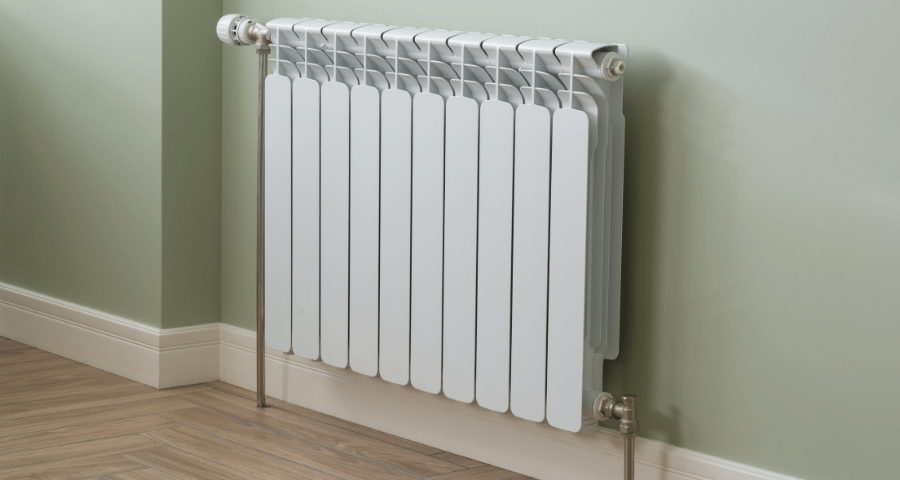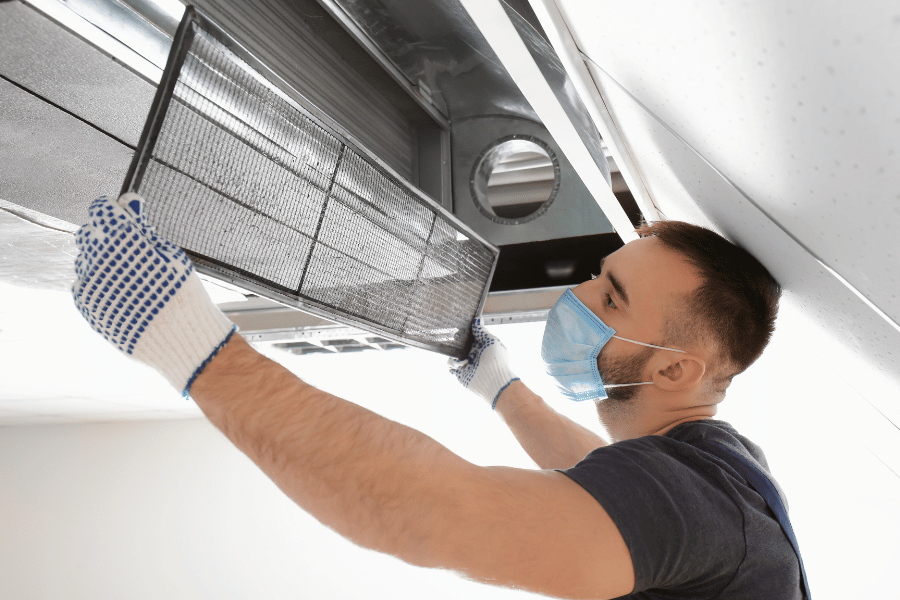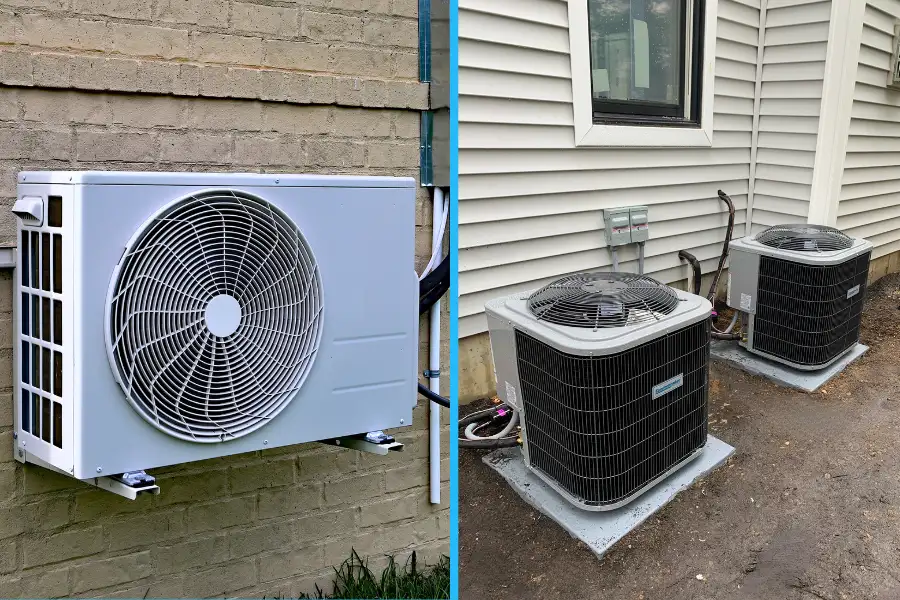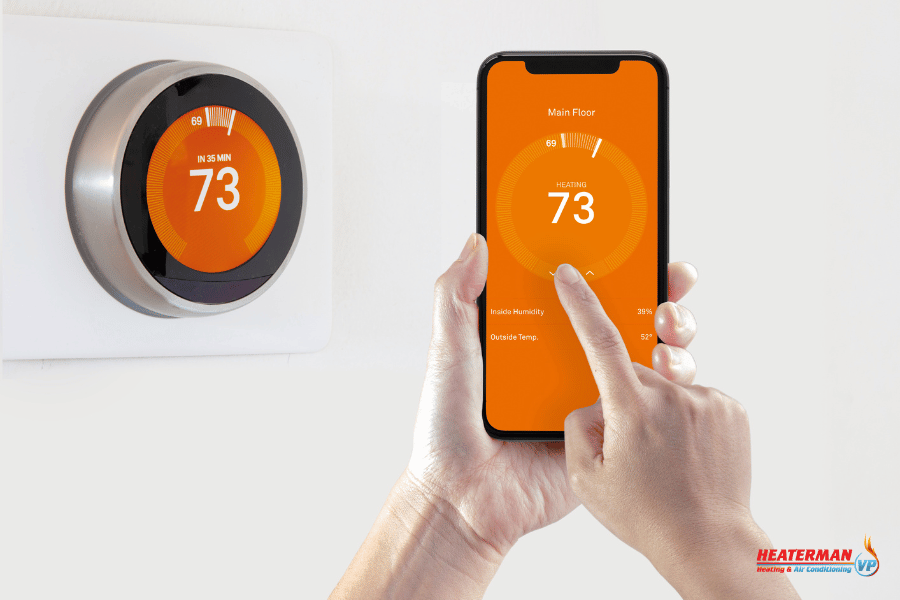
Natural Gas vs. Electric Heating Systems: What’s Better for Your Suffolk County Home?
When it comes to keeping your Suffolk County home warm in the winter, choosing the right heating system can have a major impact on comfort, energy bills, and even the environment. One of the most common questions we get from homeowners is: Which is better, natural gas or electric heating?
The answer depends on several factors including your home's layout, budget, energy efficiency goals, and fuel availability. In this blog, we break down the key differences between natural gas and electric heating systems so you can make an informed choice.
Initial Installation Cost
In general, electric heating systems (like baseboard heaters or electric furnaces) are less expensive to install upfront. They don’t require fuel lines, exhaust vents, or combustion air systems.
Natural gas systems typically cost more to install, especially if your home isn’t already connected to a gas line. However, the long-term energy savings can quickly offset the higher upfront expense.
Monthly Operating Costs
This is where natural gas really shines. On average, natural gas is cheaper than electricity in New York, especially during the winter months. Homeowners with gas furnaces often see significantly lower heating bills than those using electric heat.
Electric systems are typically more expensive to run long-term, especially when used frequently in colder climates like Suffolk County.
Energy Efficiency
Electric heating systems are 100% efficient at the point of use. That means all the electricity they use turns into heat. However, generating that electricity (from power plants) is often less efficient.
Modern natural gas furnaces can reach efficiency ratings of 90% to 98% AFUE (Annual Fuel Utilization Efficiency), making them highly effective at turning fuel into heat with minimal waste.
Environmental Impact
Electric heating can be the cleaner option if your electricity comes from renewable sources like solar, wind, or hydro. However, if your power is generated from fossil fuels (as it often is), electric systems may have a higher carbon footprint.
Natural gas burns cleaner than oil or coal, but it’s still a fossil fuel. However, it's a common step homeowners take when transitioning away from oil heating, especially during a natural gas conversion in Suffolk County.
System Lifespan and Maintenance
Electric heating systems have fewer moving parts and no combustion, which often means less frequent maintenance and longer system lifespans.
Gas heating systems require annual inspections and tune-ups to maintain safe operation. However, they are durable and designed for heavy use during cold winters.
Comfort and Heat Output
Natural gas furnaces heat air quickly and distribute it evenly throughout the home. This fast response time is appreciated during cold snaps.
Electric baseboard heaters can be slower to warm up a space and may not distribute heat as evenly. Some homes with electric heat rely on zoned heating to customize comfort room by room.
Safety Considerations
Electric heat eliminates the risk of carbon monoxide, gas leaks, or combustion-related issues, making it a popular choice for families concerned with air quality.
Natural gas systems must be properly installed and vented. With routine maintenance and safety inspections, they remain a safe and efficient option.
Making the Right Choice for Your Suffolk County Home
Every home is different. If your home already has natural gas service, upgrading to a high-efficiency gas furnace or boiler is often the smartest and most economical choice.
If you're in a more remote area or prefer a low-maintenance solution, electric heating may make sense — especially if paired with solar panels or used in a home with excellent insulation.
At Heaterman VP Heating & Air Conditioning, we help homeowners compare natural gas vs electric heating based on your home's needs, energy goals, and budget.
Explore our Natural Gas Heating Conversion Services
Learn more about Heating Services
Did You Know? The average Suffolk County homeowner can save up to 30% annually by switching from electric baseboard heating to a high-efficiency natural gas furnace.
FAQs
Q: Can I switch from electric to natural gas heat?
A: Yes, we specialize in natural gas conversions in Suffolk County. Our team can help you evaluate costs, timelines, and rebate options.
Q: Which is safer — gas or electric?
A: Both can be safe when properly installed and maintained. Electric systems carry no carbon monoxide risk, but gas systems are very safe when professionally managed.
Q: What about heat pumps?
A: Heat pumps are electric but use much less energy than traditional electric resistance heat. They're a great option for moderate climates and are gaining popularity in Long Island.
Q: Are there rebates for switching to gas?
A: Yes! Local utility companies and NYSERDA offer rebates for energy-efficient heating upgrades. We’ll help you explore your options.
Thinking about switching to natural gas?
Visit our Natural Gas Heating Conversion in Suffolk County page to learn how our team can help you upgrade from oil or electric — safely, efficiently, and affordably.




